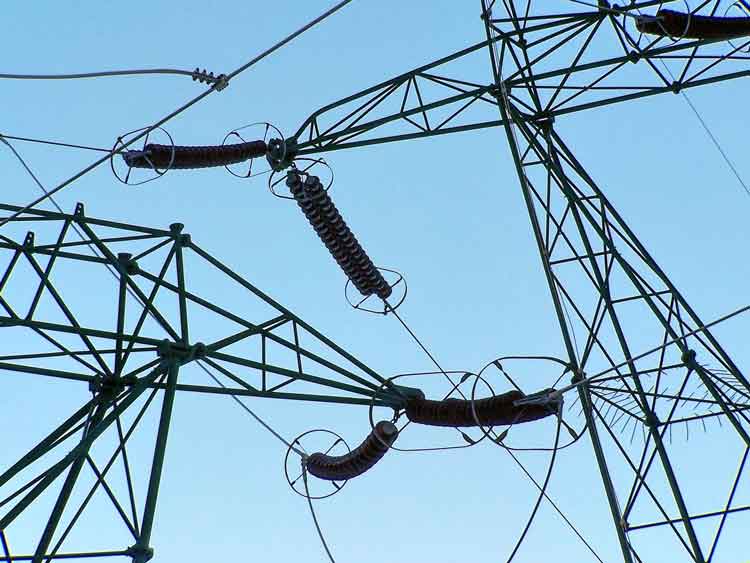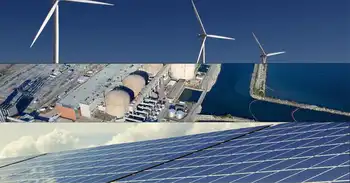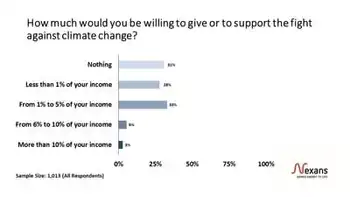Electric cars: a boon for Canada?
By Globe and Mail
Protective Relay Training - Basic
Our customized live online or in‑person group training can be delivered to your staff at your location.

- Live Online
- 12 hours Instructor-led
- Group Training Available
The opportunities for Canada are exemplified by Ford Motor Co.'s partnership with Canadian auto parts manufacturer Magna International to produce a fully electric car that goes up to 160 kilometres on a single charge.
Magna officials say the partnership will create jobs at Magna, and there are more opportunities out there.
Bill Pochiluk, president of industry adviser AutomotiveCompass LLC, has said Canada has all the resources it needs to be a global leader in green automotive technology. Canadian governments can help by funding more research and development.
The United States has already put in place a $25-billion (US) fund for research and development of green automotive technology. Canada only invests $500,000 annually.
Opportunities for Canada exist in developing lightweight aluminum components that help improve fuel efficiency of gasoline vehicles and extend the range of electric and hybrid ones. Federal organizations such as the National Research Council have a role to play in funding the development of these sorts of green vehicle technologies, say advocates.
There is much at stake. One in every 20 new cars sold in Canada could be electrically powered within a decade, say members of a task force on the future of plug-in vehicles.
The group was set up by the federal government last winter to design Canada's Electric Vehicle and Technology Road Map for shifting the transportation industry away from fossil fuels.
"It's going to be an electric vehicle revolution," says Michael Elwood, chairperson of the task force and vice-president of marketing at Vancouver-based Azure Dynamics, which specializes in electric and hybrid electric drive technology.
"Hybrid electric, plug-in hybrid electric and electric vehicles are all part of the equation," he says.
If one in 20 new cars sold in Canada is electric — 5 per cent of the market — about 80,000 electric vehicles would be sold each year, based on current sales volumes.
"Electricity may be the only fuel for land transportation that can substantially replace oil products while continuing to provide for the amount of movement of people and freight that is essential for modern society," says the report.
"Oil products now fuel 95 per cent of world transport activity and transport activity consumes 60 per cent of oil production. Both shares are higher in Canada. The need to reduce demand for oil, to avert scarcity and high prices is gathering urgency."
Auto manufacturers are, of course, moving ahead with hybrid and electric technologies in their new models. But the success of electrics and hybrids is contingent on consumer demand, fuel prices and, perhaps above all, research and development funding.
At present, auto companies, even ones with a relatively strong balance sheet and a pristine credit rating, are finding it impossible to get the financing needed to develop the batteries and other technologies that will make clean electric cars safe, reliable, practical and affordable.
"If we want to transform this industry, in a radical way, we are going to need a lot of investment," says Nissan CEO Carlos Ghosn. "You cannot take an existing car and retrofit it and say, 'It's electric.' You have to start from zero.
"If we are serious about transforming the industry into something that's as clean as possible, [governments] have to make long-term financing available at a reasonable interest rate."
Ghosn adds that "even Triple-A companies" are having problems getting financing simply for operations.
"The industry today is unable to finance itself to make the transition. But when you are investing massively in batteries, when the financial market doesn't care about it, it is impossible. Who is struggling is not the issue. This is not a Big Three issue. It is valid for Europeans. It is valid for the Japanese," Ghosn said.
Ghosn and others say the industry is in the early stages of a revolutionary change in technology — from internal combustion engines that have dominated for a century to electric vehicles that most believe are the future. But research into creating more powerful, longer-lasting batteries is expensive, as is developing sufficient infrastructure for owners of electric vehicles to charge their vehicles.











